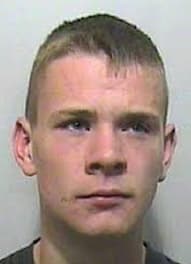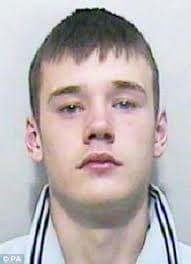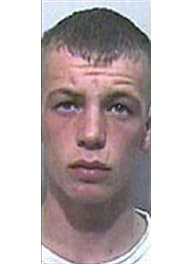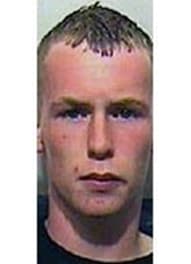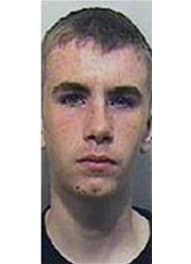We understand the shock and horror of being a victim of a Hate Crime or incident and want you to get the much needed help and support as soon as possible. We regularly speak to victims and signpost them to where they can report and seek help.
We do not have the resources to offer more than understanding and moral support, but we work with police authorities across England and Wales and we are hopeful that they now have a better understanding of your experience.
The first place to start is always the police – it is important that they are aware that you have been a victim so they can report your experience. They can also refer you to Victim Support who can offer the support needed following a crime or incident.
You can report a Hate Crime on the phone – call 999 in an emergency or otherwise ring 101, the national police telephone number which is staffed 24/7 to give support and advice. You can also report it online with your local police authority or nationally, through the True Vision reporting site. Many victims feel better when they have told someone – they want to be heard.
For more specialist Hate Crime help, Stop Hate UK offer a service in some areas of England. They work to challenge all forms of Hate Crime and discrimination based on any aspect of an individual’s identity.
Crimestoppers is an independent charity that enables you to report crime anonymously by phone and online, 24/7, 365 days a year. After receiving your call or a completed anonymous online form, a report is sent to the relevant authority with the legal responsibility to investigate the crime. Tel: 0800 555 111.

